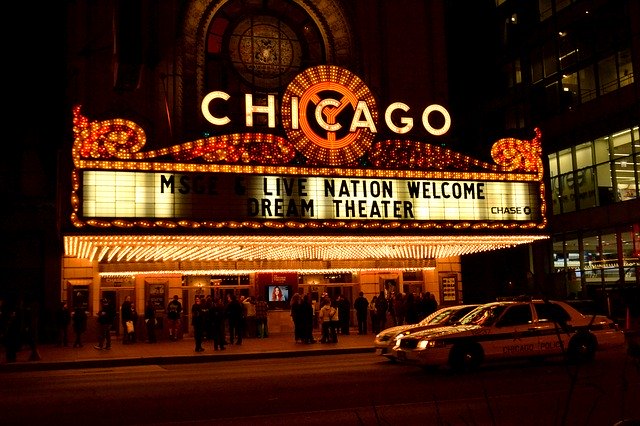- Details
- Category: Social Equality
 CHICAGO — Legislators met Thursday to discuss economic equity, access, and opportunity for Black communities as the third pillar of a larger agenda to address the deep injustices facing Black Illinoisans. State Senator Mattie Hunter (D-Chicago) stated the need for more affordable housing as a primary implementable step.
CHICAGO — Legislators met Thursday to discuss economic equity, access, and opportunity for Black communities as the third pillar of a larger agenda to address the deep injustices facing Black Illinoisans. State Senator Mattie Hunter (D-Chicago) stated the need for more affordable housing as a primary implementable step.
“Black Americans have suffered economic disparities for centuries,” Hunter said. “We never received our 40 acres and a mule, and the loss of generational wealth in addition to the effects of segregation and housing discrimination have further devastated our communities, not to mention COVID-19 more recently.”
- Details
- Category: News
CHICAGO — State Senator Mattie Hunter (D-Chicago) issued the following statement after a Kentucky grand jury declined to indict any of the officers involved in the killing of Breonna Taylor, who was slain during a police raid in March. One former officer was indicted for wanton endangerment for firing into neighboring apartments during the botched raid.
“Though a former officer was indicted, it was not for the murder of Breonna Taylor. It was for the endangerment of other members of her community. I’m shocked and dismayed that no one is being held accountable for Breonna’s murder.
“The message Kentucky officials are sending is simple: Breonna Taylor’s life did not matter to them. There is no criminal justice for a Black woman who was sleeping in her own bed as the police raided her home, yet her family received a settlement for her wrongful death. Where is the accountability?
“I get tired of saying this, but I won’t stop until it rings true in the ears of the people who hold the power in these decisions: Black lives matter. Black lives deserve justice. Black lives deserve better from this country, and I will not stop working to make this country a safer, more equitable place for all Americans.”
- Details
- Category: Press Releases
 CHICAGO — The Illinois Environmental Council (IEC) released its first ever Lifetime Environmental Scorecard, which reveals each sitting legislator’s lifetime average score of all votes cast on bills affecting the environment in the General Assembly over the course of their entire legislative career. State Senator Mattie Hunter (D-Chicago) has been honored with a lifetime environmental score of 90.1%.
CHICAGO — The Illinois Environmental Council (IEC) released its first ever Lifetime Environmental Scorecard, which reveals each sitting legislator’s lifetime average score of all votes cast on bills affecting the environment in the General Assembly over the course of their entire legislative career. State Senator Mattie Hunter (D-Chicago) has been honored with a lifetime environmental score of 90.1%.
“My voting record on environmental issues reflects where I stand on the importance of taking action on climate change, fighting for clean air and water, and protecting our open spaces,” said Hunter. “I stand with the Illinois Environmental Council in making it a priority to protect our environment and the health and safety of the communities I represent in the General Assembly.”
- Details
- Category: News
 CHICAGO — During the first wave of Business Interruption Grants Chicago businesses received more than $3 million in financial assistance. The second wave of grants opened Thursday, and State Senator Mattie Hunter (D-Chicago) is urging eligible businesses to apply.
CHICAGO — During the first wave of Business Interruption Grants Chicago businesses received more than $3 million in financial assistance. The second wave of grants opened Thursday, and State Senator Mattie Hunter (D-Chicago) is urging eligible businesses to apply.
“I was encouraged by the results of the first wave of BIG grants, and I’m hoping that other Southside businesses can receive similar assistance this time around,” Hunter said. “Any business that has faced financial hardships stemming from the pandemic should apply as soon as possible.”
More Articles …
- Hunter congratulates ICJIA grant recipients on Chicago’s Southside
- Hunter encourages job seekers to help the state fill high-demand positions in light of new labor grants
- Hunter named as Grand Yeye of African Festival of the Arts
- Hunter hopeful that new federal funding will help residents combat opioid crisis
Page 58 of 125

